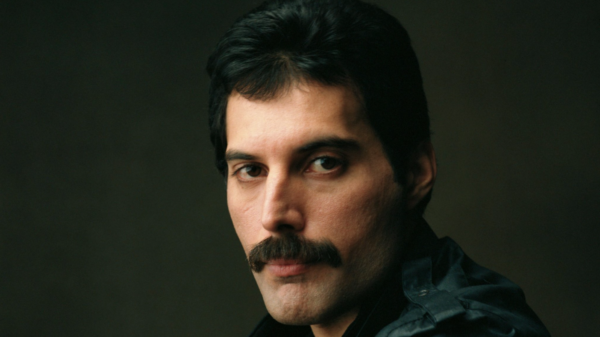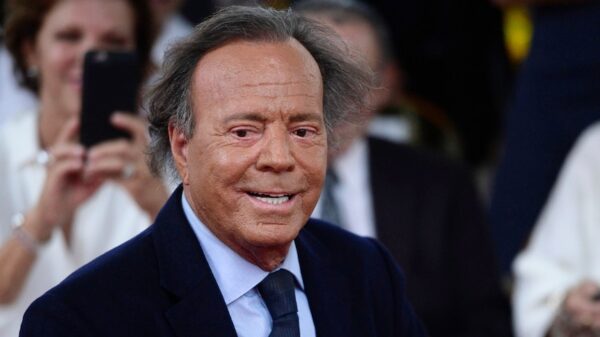The 2025-26 Ashes series is upon Australia, and the national cricket team finds itself grappling with a significant challenge: the absence of a reliable opener. Despite the ongoing debate regarding the selectors’ decisions, the immediate concern is the current lineup, which includes a 38-year-old Usman Khawaja, who has transitioned from a middle-order batsman to open the innings.
Reflecting on the past, it is evident that the Australian selectors have faced a dilemma. While the selectors may have leaned on David Warner during his decline, the lack of investment in developing new opening talent has become apparent. The statistics reveal a troubling trend, with Australia averaging just 26 runs for the loss of their first wicket in the last 15 Test matches since Warner’s retirement. In contrast, Warner’s last 15 innings yielded an average opening stand of 34.2 runs.
As the team prepares for the Ashes, the uncertainty surrounding the top-order is palpable. Khawaja’s partnerships have varied significantly, with six different batting partners in recent tests, none of whom have established a consistent rapport. Steve Smith, Nathan McSweeney, Travis Head, and Marnus Labuschagne have all been forced to play out of position, leaving only McSweeney as a genuine opener. Yet, even he has struggled to meet expectations amidst the high-pressure environment of international cricket.
In the lead-up to this summer’s contest, the cricketing community has expressed concerns about the team’s ability to post competitive opening scores. Historically, Australia often reached 100 runs without losing a wicket in the early stages of an Ashes series, a feat that now seems unlikely. Optimists may forecast a score of one for 34 by the drinks break, but the reality could be far less reassuring.
Selectors have faced criticism for their choices. They awarded a central contract to Marcus Harris shortly before his batting position plummeted in the Victorian order. Meanwhile, Jake Weatherald, who has shown consistency, has an average resting in the 30s. His recent performance during a crucial match, where he registered a duck followed by a low score, raises questions about his readiness for the highest level of competition.
Emerging talents such as Henry Hunt, Campbell Kellaway, and McSweeney have shown flashes of potential, yet their performances have been inconsistent. One week, they might shine, only to falter the next against bowlers like Jackson Bird or Matthew Kelly.
As Australia braces for the challenges of the Ashes, the selectors face an uphill battle in finding a stable opening partnership. The repercussions of their decisions will echo throughout the series, and the pressure is mounting to cultivate talent that can rise to the occasion. The Ashes are not just about rivalry; they are a test of Australia’s cricketing future.


































































